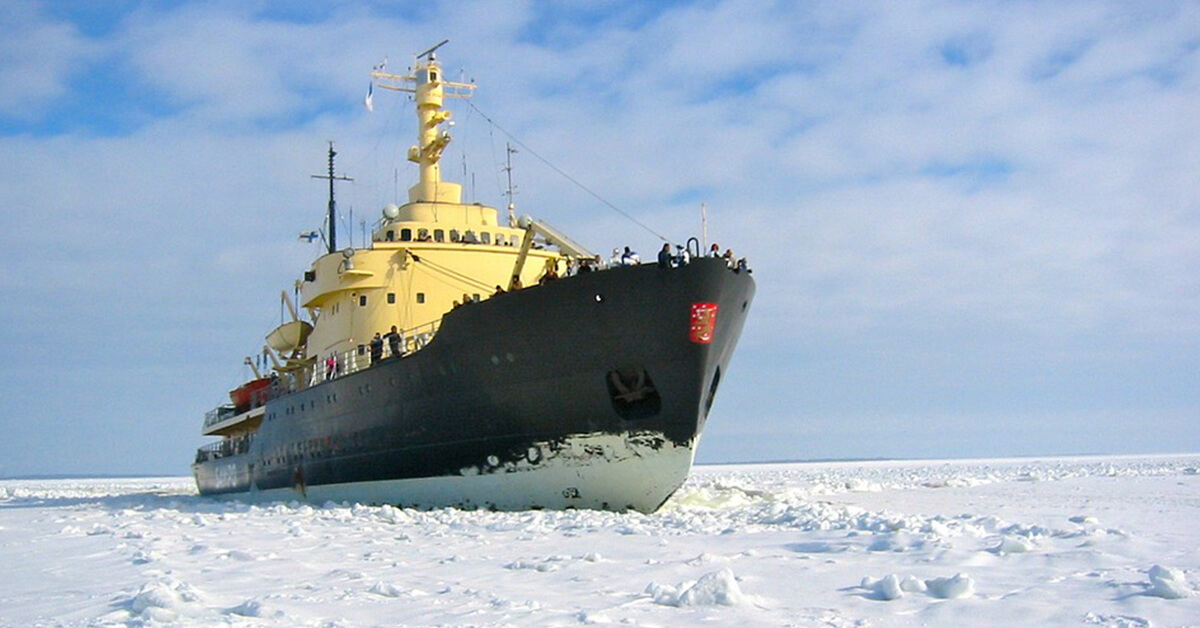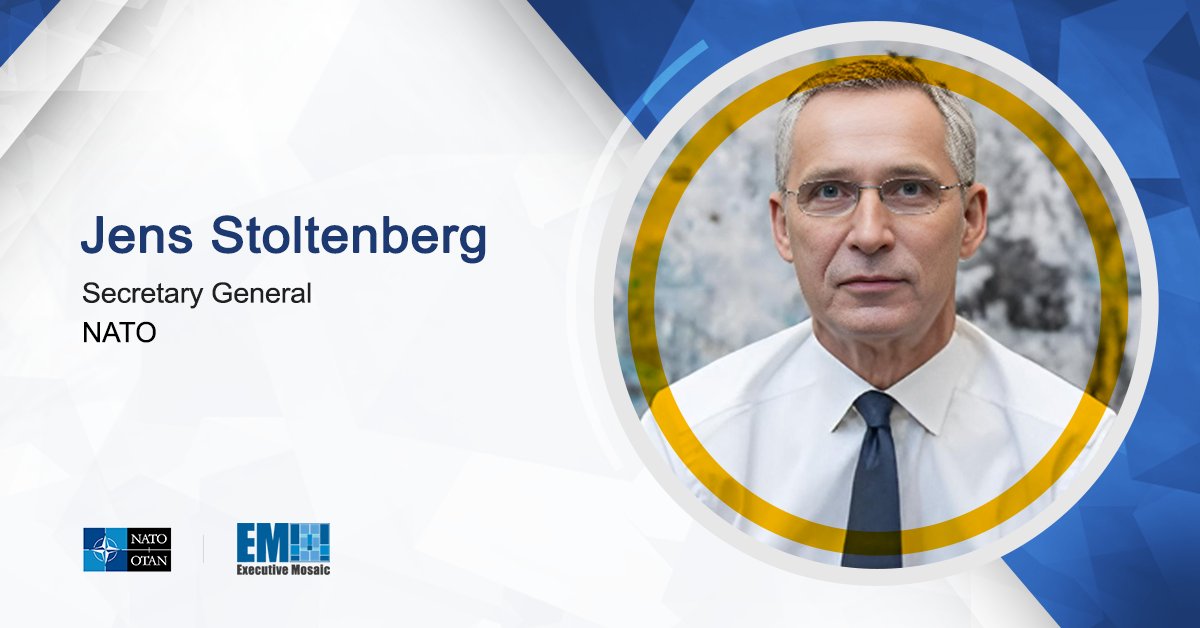The United States, the United Kingdom, and South Korea have issued a joint cybersecurity advisory to warn against a North Korean cyber espionage campaign. According to the advisory, hacker groups known as Andariel, Onyx Sleet, DarkSeoul, Silent Chollima, and Stonefly/Clasiopa operate under Pyongyang’s intelligence agency, the Reconnaissance General Bureau. The threat actors primarily target defense,...
Category: Geopolitical Issues
IBM to Support USAID Initiative to Strengthen Cybersecurity in Europe; Alice Fakir Quoted
IBM has secured a contract from the U.S. Agency for International Development to provide cybersecurity support in European and Eurasian countries. The deal includes a $26 million in initial funding to support the agency’s Cybersecurity Protection and Response program, which helps strengthen cybersecurity across government and critical infrastructure and bolster information sharing in Europe and...
Indopacom Chief Broaches Possibility of Nuclear-Powered Submarines in SKorea
The newly appointed commander of U.S. Indo-Pacific Command said South Korea may acquire nuclear-powered submarines in the future amid increasing tension with neighboring North Korea. In an interview with South Korean reporters on Thursday, Adm. Samuel Paparo said the possibility of introducing SSNs in the region depends on the result of its operational analysis. “From...
US Forms ICE Pact With Canada, Finland on Polar Icebreaker Production
The United States, Canada and Finland have announced a new partnership focused on producing polar icebreakers and workforce development in the shipbuilding industry. The Icebreaker Collaboration Effort Pact, unveiled on the sidelines of a three-day NATO summit in Washington D.C., comes as the U.S. Coast Guard builds new heavy icebreakers to ensure access to the...
South Korea Taps BAE Systems for $111M Secure Communications Solution
BAE Systems said South Korea is collaborating with the company to deploy a secure communications system amid growing threats in the Indo-Pacific region. Under multiple contracts with a combined value of $111 million, BAE Systems will deliver ARC-232A, a SATURN waveform, providing the East Asian nation’s fixed-wing and rotary aircraft with secure and interoperable command...
Outgoing Dutch PM to Replace Jens Stoltenberg as Next NATO Chief
Mark Rutte, the Netherlands’ outgoing prime minister, will be NATO’s 14th secretary general after the alliance’s ambassadors approved his appointment during a recent meeting in Brussels, Belgium. His journey to become NATO chief has met numerous obstacles, but an Associated Press report cites observers who say the Dutch statesman’s diplomatic skills helped secure his bid....
Humanitarian Organization to Employ AI to Accelerate Landmine Clearance in Ukraine; Dave Levy Quoted
Halo Trust, a humanitarian organization based in Scotland, will test artificial intelligence to clear landmines in Ukraine. The nonprofit, which specializes in removing explosive devices left behind by conflicts, has secured $4 million from Amazon Web Services to use AI to identify landmines through drone imagery. Drones are critical to Halo’s operations in Ukraine. The...
US, UK Ships Start Mine Countermeasure Training With Ukrainian Navy
The U.S. Navy said it has started Exercise Sea Breeze 2024, a joint mine countermeasure naval training with the British Royal Navy and the Ukrainian Navy. Sea Breeze aims to address the challenges that mines pose to maritime safety and security, global food security and commerce, the military service said. The latest edition, which runs...
Five-Nation Joint Purchase of MBDA Missile System Rolls Forward in Europe; Eric Beranger Quoted
French defense purchasing agency DGA will manage the joint procurement of MBDA’s Mistral 3 missile system by France, Belgium, Cyprus, Estonia and Hungary, which signed a cooperation agreement for the deal on Wednesday. The Defence Industry Europe website reported that DGA has already signed a contract with MBDA for the French purchase of the missiles....
Australia’s IT Leaders Want More Federal Investment in Cybersecurity Initiatives; Scott McKinnel Quoted
A new Tenable study found that most IT and cyber professionals across Australia want the federal government to invest more in bolstering the nation’s digital security. The exposure management firm recently released the results of its pre-election survey that asked 200 IT leaders from various sectors about the government’s actions to mitigate cyberthreats to enterprises....













